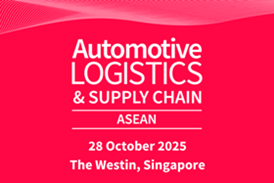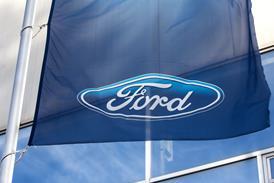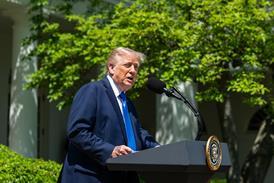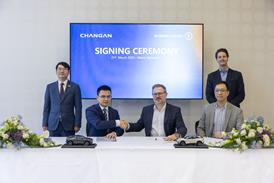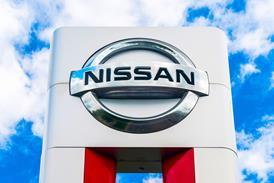 The Motor and Equipment Manufacturers Association (Mema) in the US has criticised the Trump administration for imposing $200 billion worth of tariffs on Chinese imports. The duties start at a rate of 10% on September 24 and will rise to 25% in January.
The Motor and Equipment Manufacturers Association (Mema) in the US has criticised the Trump administration for imposing $200 billion worth of tariffs on Chinese imports. The duties start at a rate of 10% on September 24 and will rise to 25% in January.
“[The measure] will serve as a tax increase on the American public and consumers by increasing the costs of a new car or truck and of maintaining the hundreds of millions of vehicles currently on the roads,” stated Mema.
Though it supports the imposition of tariffs on specific goods, Mema said the widespread approach of applying $200 billion worth of tariffs would hurt US companies, put jobs at risk and negatively impact consumers.
The 5,745-item list of affected products issued by the office of the US Trade Representative (USTR) includes engines, spark plugs, parts for powertrains, drive axles, chassis, gearboxes, clutches, brakes, shock absorbers, suspension systems, exhaust pipes, road wheels, auto bodies, cabs, body stampings, bumpers, door assemblies, seats, lighting equipment, steering wheels, seatbelts and parts for airbags. Electric vehicle batteries are also listed.
The action is primarily targeted at changing China’s practices relating to technology transfer, intellectual property (IP) and innovation. The Trump administration claims China uses joint venture requirements, foreign investment restrictions and administrative review and licencing processes to require or pressure technology transfer from US companies doing business in China.
“The administration will continue to encourage China to allow for fair trade with the United States,” the USTR said.
Intellectual property rights protection is critical to the sustained success of the automotive parts manufacturing industry, the largest sector of manufacturing jobs in the US.
Mema said it feared an escalating back-and-forth trade dispute with a major partner would not resolve the issue at hand, however.
The association suggested prohibitively high tariffs on auto parts would disproportionately harm US businesses, including the motor parts and equipment manufacturers it represents.
Mema, which said it had advocated strong global protection of IP investment for decades, urged the administration to protect IP with more effective and targeted measures instead.
The industry group said it supported stronger bilateral engagement, with China and the US working together to protect the valuable IP of its members, or leveraging the powerful relationships the US has with other trading partners to pressure China into enforcing its own IP laws and complying with international IP laws and regulations.
The association also said it believed using retaliatory tariffs to curb IP theft might negate the Trump administration’s recent successful work on behalf of American companies, such as recent tax reforms.









